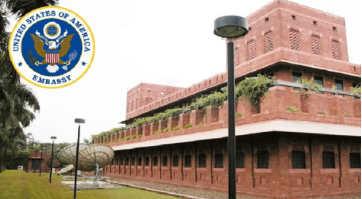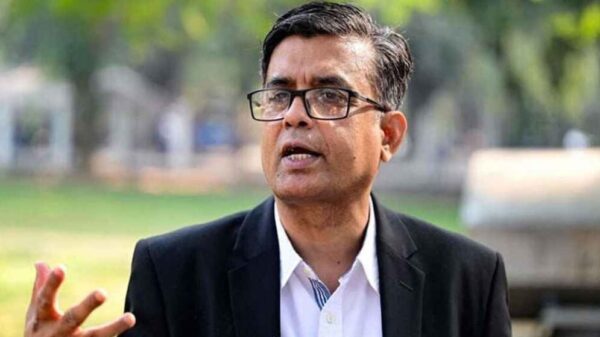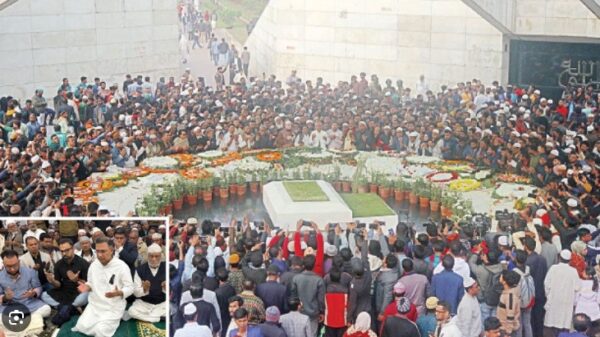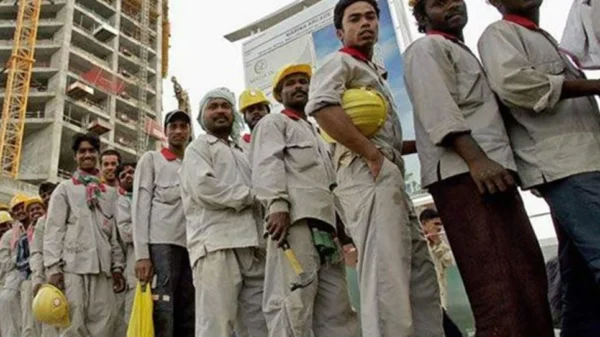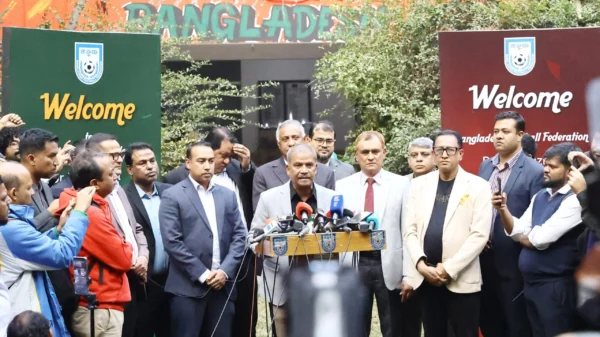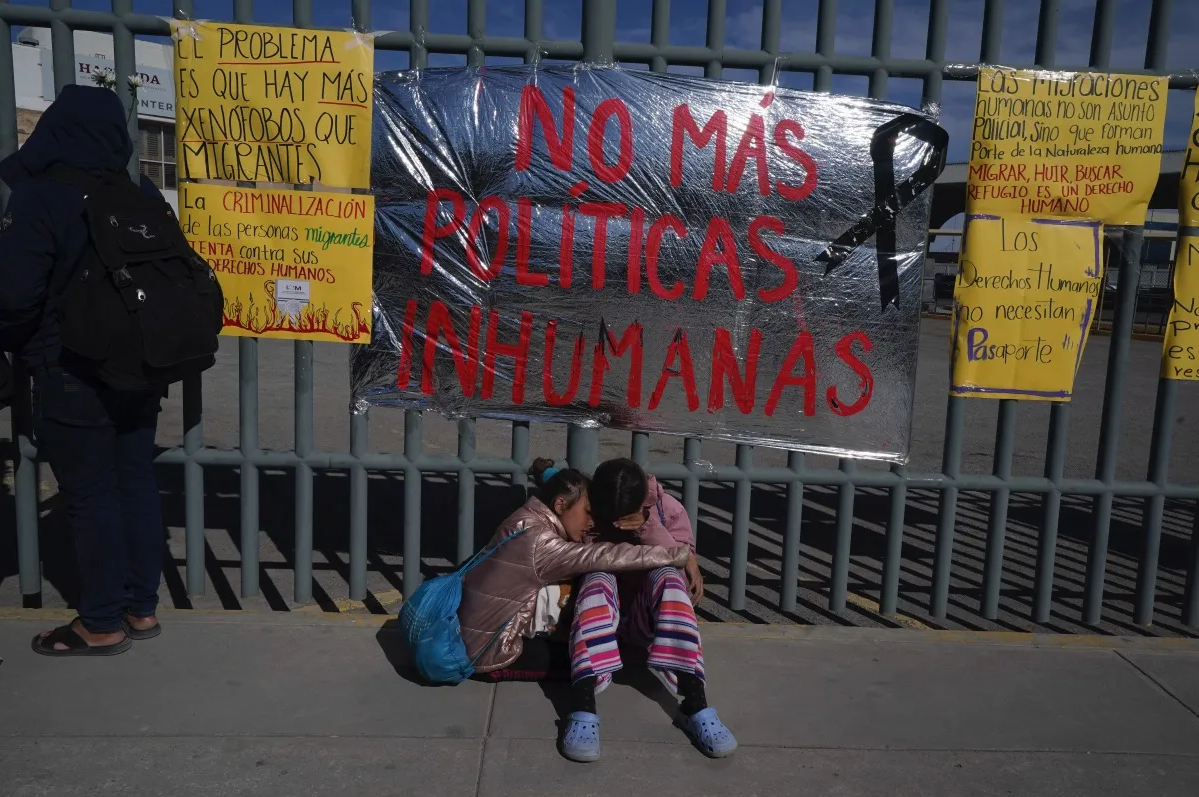CIUDAD JUAREZ, Mexico (Net) — When smoke began billowing out of a migrant detention center in the Mexican border city of Ciudad Juarez, Venezuelan migrant Viangly Infante Padrón was terrified because she knew her husband was still inside.
The father of her three children had been picked up by immigration agents earlier in the day, part of a recent crackdown that netted 67 other migrants, many of whom were asking for handouts or washing car windows at stoplights in this city across the Rio Grande from El Paso, Texas.
In moments of shock and horror, Infante Padrón recounted how she saw immigration agents rush out of the building after fire started late Monday. Later came the migrants’ bodies carried out on stretchers, wrapped in foil blankets. The toll: 38 dead in all and 28 seriously injured, victims of a blaze apparently set in protest by the detainees themselves.
“I was desperate because I saw a dead body, a body, a body, and I didn’t see him anywhere,” Infante Padrón said of her husband, Eduard Caraballo López, who in the end survived with only light injuries, perhaps because he was scheduled for release and was near a door.
But what she saw in those first minutes has become the center of a question much of Mexico is asking itself: Why didn’t authorities attempt to release the men — almost all from Guatemala, Honduras, Vene-zuela and El Salvador — before smoke filled the room and killed so many?
Those same advocacy organizations published an open letter March 9 that complained of a criminaliza-tion of migrants and asylum seekers in Ciudad Juarez. It accused authorities of abusing migrants and using excessive force in rounding them up, including complaints that municipal police questioned people in the street about their immigration status without cause.
President Andrés Manuel López Obrador offered sympathy Tuesday, but held out little hope of change.
He said the fire was started by migrants in protest after learning they would be deported or moved.
“They never imagined that this would cause this terrible misfortune,” López Obrador said.
Immigration activist Irineo Mujica said the migrants feared being sent back, not necessarily to their home countries, but to southern Mexico, where they would have to cross the country all over again.
“When people reach the north, it’s like a ping-pong game — they send them back down south,” Mujica said.
“We had said that with the number of people they were sending, the sheer number of people was creat-ing a ticking time bomb,” Mujica said. “Today that time bomb exploded.”
The migrants were stuck in Ciudad Jaurez because U.S. immigration policies don’t allow them to cross the border to file asylum claims. But they were rounded up because Ciudad Juarez residents were tired of migrants blocking border crossings or asking for money.
The high level of frustration in Ciudad Juarez was evident earlier this month when hundreds of mostly Venezuelan migrants tried to force their way across one of the international bridges to El Paso, acting on false rumors that the United States would allow them to enter the country. U.S. authorities blocked their attempts.
After that, Ciudad Juarez Mayor Cruz Pérez Cuellar started campaigning to inform migrants there was room in shelters and no need to beg in the streets. He urged residents not to give money to them and said authorities would remove them from intersections where it was dangerous to beg and residents saw it as a nuisance.
For the migrants, the fire is another tragedy on a long trail of tears.
About 100 migrants gathered Tuesday outside the immigration facility’s doors to demand information about relatives. In many cases, they asked the same question Mexico is asking itself.
Katiuska Márquez, a 23-year-old Venezuelan woman with her two children, ages 2 and 4, was seeking her half-brother, Orlando Maldonado, who had been traveling with her.
“We want to know if he is alive or if he’s dead,” she said. She wondered how all the guards who were inside made it out alive and only the migrants died. “How could they not get them out?”









